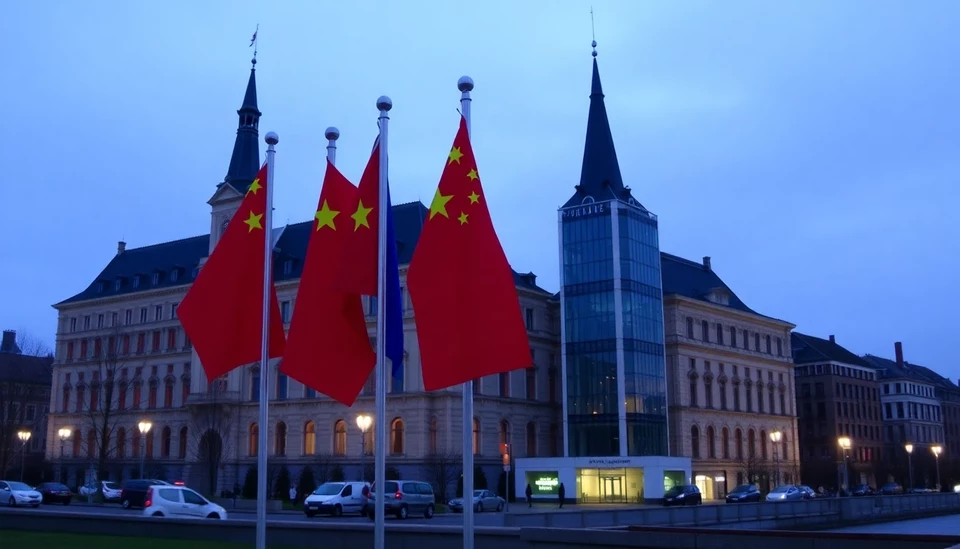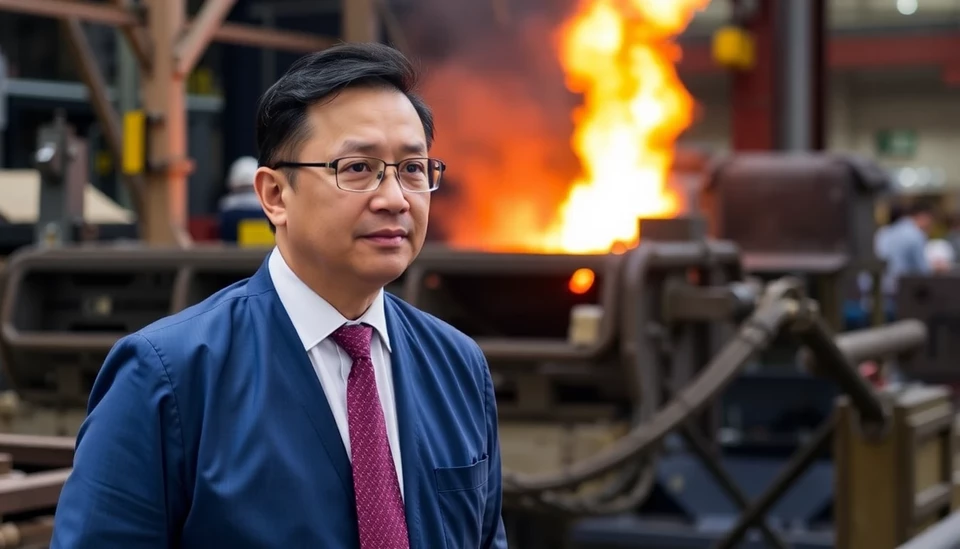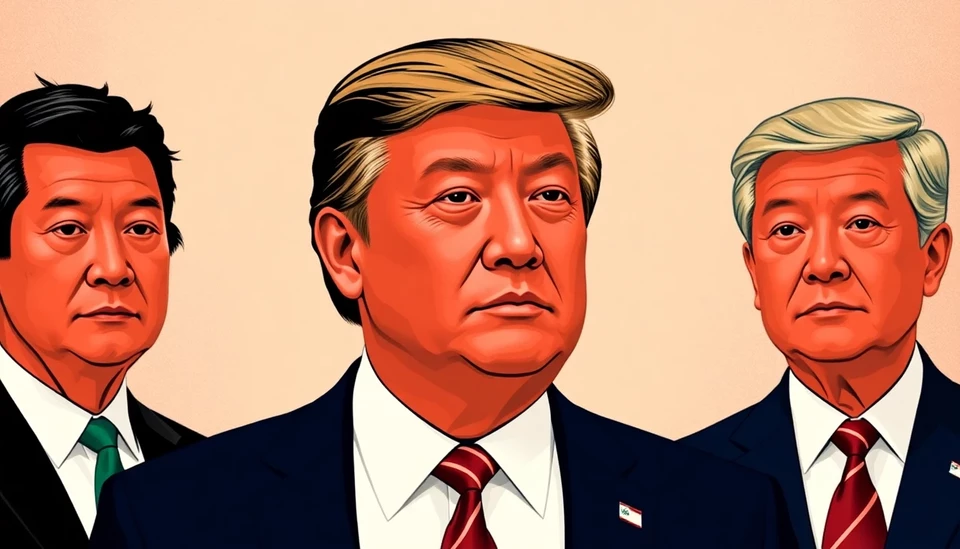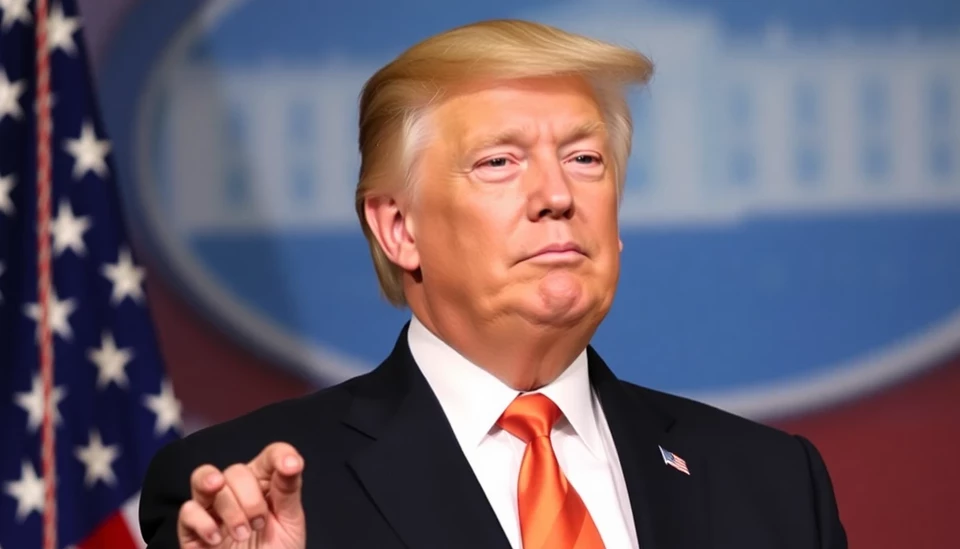
As Western Europe faces its own set of economic challenges, several countries in Eastern Europe are embracing a significant influx of Chinese investment, which is increasingly seen as a means to counterbalance the dominant influence exerted by Brussels. This development reflects a shifting geopolitical landscape where financial alliances and investments become critical to national and regional stability.
The relationship between Eastern European nations and Chinese financiers has been growing steadily. Chinese capital has penetrated various sectors, including infrastructure, technology, and energy, providing these countries with vital funding that can either support their economic growth or enhance their strategic autonomy. Many of these nations, benefiting from Chinese cash, are seeking to distance themselves from the regulatory frameworks imposed by the European Union, particularly those coming out of Brussels.
Countries like Hungary, Serbia, and Poland have established deepening ties to China, welcoming investments that promise not only capital but also technology and jobs. Such bargains are particularly attractive in a post-pandemic economic environment where many Eastern European economies are struggling to recover and grow.
In Hungary, Prime Minister Viktor Orbán's government has actively pursued strong bilateral relations with China, leading to various significant projects, such as the construction of a Chinese University in Budapest and the enhancement of rail links between Hungary and Serbia, all underpinned by Chinese financial backing. This shift has positioned Hungary as a critical player in the “Belt and Road Initiative,” which aims to increase Chinese influence globally through infrastructure development.
Similarly, Serbia has gained from Chinese investments in energy and transportation, further solidifying its partnership with Beijing. The Chinese presence in Serbia is underpinned by essential projects, including highway construction and the development of mining operations, although some critics argue these transactions come with hidden costs, including potential debt dependency.
Poland, often seen as the gateway for Chinese investments into Europe, has also benefited from various contracts and initiatives enhancing bilateral economic ties. However, the country’s cautious approach reflects a balance between economic necessity and the implications of distancing from EU partnerships.
Observers point out that while the economic boost from Chinese investment is undoubtedly significant, it also raises questions about the long-term sustainability of such partnerships. Concerns about governance, transparency, and potential over-reliance on Chinese financial support loom large, prompting discussions about national sovereignty among Eastern European leaders. They must carefully navigate their relationships to ensure that they do not sacrifice their autonomy in exchange for short-term gains.
In the backdrop of these developments, the EU’s struggle with internal discord among its member states is more evident than ever. As economic pressures exacerbate divisions, Eastern European countries might increasingly find incentives to uphold their sovereignty through alternative partnerships, primarily with nations like China.
As this trend continues to unfold, it is essential to monitor how Eastern European economies will balance their ambitions for growth and independence while managing their intricate positions within the broader European Union framework. The implications of these shifting alliances could very well redefine the geopolitical landscape of Europe in the years to come.
In conclusion, while Brussels attempts to maintain a cohesive strategy for its member states, the influx of Chinese investment into Eastern Europe reflects a growing divergence in economic priorities and political alliances, potentially reshaping the future of both the region and its relationship with the European Union.
#ChineseInvestment #EasternEurope #BrusselsInfluence #EconomicIndependence #Geopolitics #BeltandRoadInitiative #Hungary #Serbia #Poland
Author: Rachel Greene



